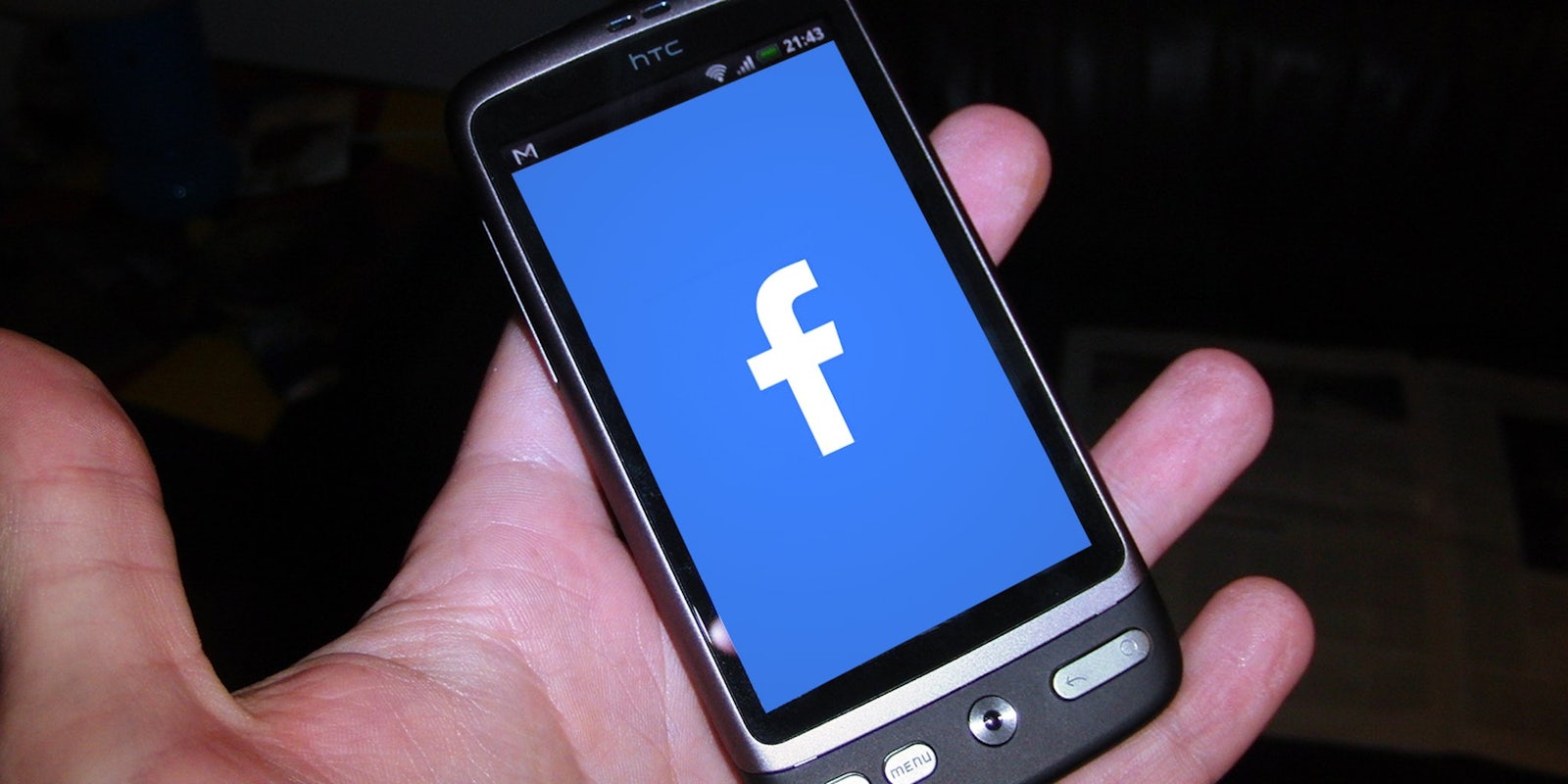If you’ve been following the news lately, you may have heard about a new study that says using social media too much may explain why you’re not sleeping well. But there’s a lot more to the study—and sleep science in general—than you might be seeing on your Facebook feed.
To conduct the study, which was published in the journal Preventive Medicine, researchers surveyed almost 2,000 young adults between the ages of 19 and 32 about their social media habits. They found that the study participants spent a median of 61 minutes per day on social media sites like Instagram, Facebook, Twitter, and Reddit. Participants also checked these accounts a median of 30 times per week.
We should note that the range of time spent on social media and the number of times people checked in per week varied quite a bit. About 25 percent of the participants spent more than two hours on social media per day, and about 23 percent checked their accounts more than 58 times per week.
According to the study, the people who checked their social media accounts most frequently were three times as likely to have trouble falling or staying asleep as their less-Facebook-addled counterparts. That said, 52 percent of all study participants reported having trouble sleeping, regardless of their level of social-media use.
In a press release about the study, the researchers noted that their findings only pointed to an association between social media use and sleep problems in young adults; it did not demonstrate a cause-and-effect relationship. It is possible that lack of sleep fuels social-media use, as people lying awake at night turn to sites like Vine or Reddit for entertainment while they try to fall asleep.
People who use social media a lot may also have other personality traits that are more directly linked to their sleep patterns, including depression. Another study, published by some of the same authors and using the same sample of participants, found that social-media use was significantly associated with depression.
Depression, in some people, can also disrupt sleep. But again, the authors of that study only proved a correlation, not a cause-and-effect relationship.
Another possibility is that the blue light from phone, tablet, and computer screens is mucking up our biological clocks—and that the more time we spend staring at Twitter’s glaring, blue-and-white design, the more our biological clocks fall out of sync with the rhythm of day and night in the natural world.
According to a Reddit AMA with researcher Tim Brown, this blue-light theory gained popularity in the early 2000s, when researchers discovered that, in addition to the famous rods and cones that allow us to see color and shape, our eyes contain another light-sensitive molecule called melanopsin, which allows us to perceive brightness.
Melanopsin works best at absorbing blue-green wavelengths of light and is associated with our body’s natural sleep-wake cycle, called the circadian rhythm. The conventional wisdom goes that high levels of blue-green light signals to our brain that it’s daytime.
Several apps, such as f.lux and redshift, let you have your cake and eat it too. They cut back on the amount of blue light emitted from screens based on the time of day. As night deepens, the screen begins to look more and more yellow. F.lux claims its app works based on a large body of research.
While there is extensive research on the effect of blue light on the circadian rhythm, it’s unclear if apps like f.lux really are an effective solution. According to Brown, it’s not clear if an app can dial in the optimal brightness and blue-green light to avoid overstimulating melanopsin.
Even so, the studies that f.lux cites do suggest that screen time before bed is associated with poor sleep. A study published in the Proceedings of the National Academy of Science found that exposure to screens before bed dampened the release of melatonin, the hormone that helps people fall asleep.
But perhaps we shouldn’t even be focusing on trying to get a full eight hours of sleep. A recent study published in Current Biology suggests that our “natural” sleep cycle may only be six or seven hours, based on observations of hunter-gatherer societies. The important thing is the quality, not the quantity, of sleep. You can feel quite rested on fewer hours of sleep if you got enough deep sleep, the study suggested.
The researchers in the social-media-and-sleep study also suggested that we may be caught in a vicious cycle. When we find ourselves up at night and turn to social media for entertainment, the stimulation from both the media and the blue light may, in turn, cause us to stay up even later. That leads us to keep consuming social media, and the cycle continues.
What can we do about this? One option is to pick up a physical and read it, or do doing something else relaxing, just before bed. The practice of good “sleep hygiene” can help as well. According to the National Sleep Foundation, sleep hygiene includes going to bed and waking up at the same time every day, avoiding day naps, and only using one’s bed for sleep and sex.
Photo via Retinafunk/Flickr (CC BY 2.0) | Remix by Max Fleishman


